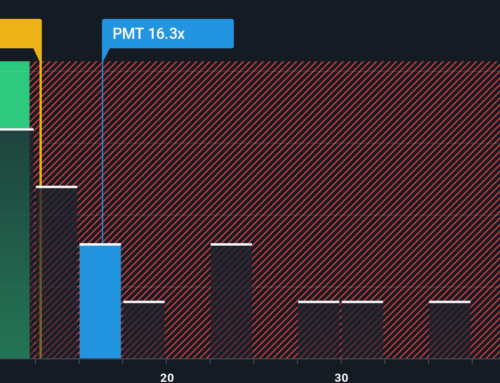The US has backed out of the Just Energy Transition Partnerships. Southeast Asia should do
April 9, 2025
The decision by the United States to withdraw from Just Energy Transition Partnership (JETP) agreements with Indonesia, Vietnam, and South Africa is a setback not only for climate action but also for the broader economic and technological landscape in Southeast Asia. The implications of this move extend beyond environmental concerns. It can affect energy security, investment flows, and the growth of the region’s burgeoning technology industry. While the US retreat signals a lack of accountability from the world’s biggest historical polluter, it should not deter Southeast Asian nations from pressing forward with their own commitments to phase out fossil fuels and lead in clean energy innovation.
Southeast Asia’s technology sector has been experiencing rapid expansion, with Indonesia and Vietnam emerging as digital powerhouses. Cloud computing, artificial intelligence (AI), fintech, and e-commerce are among the industries fuelling economic growth. However, these industries are heavily dependent on reliable energy infrastructure, and a failure to transition away from fossil fuels could stifle innovation in multiple ways.
Countries that lead in renewable energy adoption will be best positioned to attract talent and capital in emerging fields.
The most obvious is in energy security risks for tech operations. The technology sector thrives on uninterrupted power supply, particularly for data centres, semiconductor manufacturing, and digital service providers. Fossil fuel dependency exposes the region to price volatility, supply disruptions, and environmental risks, all of which could hamper operations and investor confidence. Renewable energy sources would enhance energy security, stabilise costs, and ensure long-term sustainability for the digital economy.
Global technology giants and investors are also increasingly prioritising sustainability. Companies such as Google, Microsoft, and Apple have committed to net-zero targets and require their supply chains to adhere to strict environmental, social, and governance (ESG) criteria. If Southeast Asia delays its transition, it risks missing out on green investments, research and development funding, and technology partnerships that could otherwise accelerate growth and innovation.
Countries that lead in renewable energy adoption will be best positioned to attract talent and capital in emerging fields like battery technology, electric vehicles (EVs), and sustainable AI computing. If Indonesia and Vietnam stay on course with their phase-out of coal, they could develop robust clean tech industries and become leaders in energy-efficient manufacturing. This can attract companies that are increasingly looking to relocate supply chains away from carbon-intensive regions.

The US withdrawal from JETP agreements should not serve as an excuse for Southeast Asian nations to slow down their clean energy transitions. On the contrary, it presents an opportunity to demonstrate regional leadership and independence in tackling climate change. Relying on fossil fuels not only exacerbates climate risks but also threatens long-term economic competitiveness.
For example, Indonesia’s commitment to achieving net-zero emissions before 2050 aligns with global sustainability trends and should be upheld regardless of the shifting political landscape in developed nations. Vietnam, with its growing reputation as a tech manufacturing hub, also stands to benefit from a decisive shift toward renewable energy to secure its position as a preferred destination for companies seeking sustainable production facilities.
Without strong international support, Southeast Asian nations must explore alternative financing options and regional collaboration to accelerate their clean energy transitions. This can include governments working with corporations and venture capital firms to fund clean energy initiatives, including solar, wind, and green hydrogen projects, as well as making more aggressive commitments towards developing renewable infrastructure. Establishing carbon pricing mechanisms can incentivise businesses to reduce emissions while generating funds for renewable energy projects.
Organisations such as the Global Enabling Sustainability Initiative (GeSI) are already playing a vital role in this area by promoting digital solutions to accelerate sustainability outcomes. Southeast Asian technology firms can benefit from adopting GeSI-aligned frameworks to future-proof their operations while advancing the global climate agenda.
While the US withdrawal from JETP agreements presents challenges, it also reinforces the need for Southeast Asian nations to take charge of their own clean energy transitions. The region’s technology sector stands to benefit immensely from sustainable energy policies, ensuring long-term competitiveness, energy security, and innovation leadership. Instead of retreating, Indonesia, Vietnam, and other regional players should double down on their commitments to phasing out coal. This will unlock the potential of green technology industries, and positioning themselves as leaders in the global fight against climate change.
Search
RECENT PRESS RELEASES
Related Post




